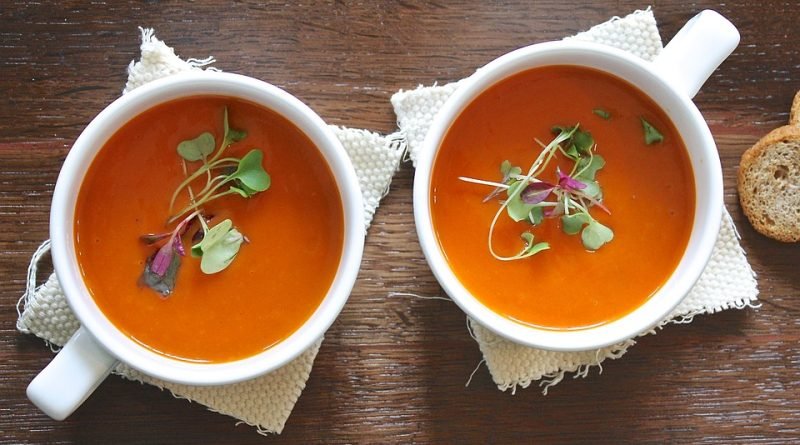Understanding the Importance of a Kidney-Friendly Diet: Tips for Managing Chronic Kidney Disease
Chronic Kidney Disease (CKD) is a serious condition that affects millions of people worldwide. According to the National Kidney Foundation, approximately 37 million American adults have CKD, and many more are at risk of developing the disease. One of the key factors in managing CKD is following a kidney-friendly diet.
A kidney-friendly diet is a crucial component of managing CKD because the kidneys play a vital role in removing waste and toxins from the body. When the kidneys are not functioning properly, waste can build up in the blood, leading to serious health complications.
A kidney-friendly diet typically involves controlling the intake of certain nutrients, such as sodium, potassium, and phosphorus. It is important for individuals with CKD to work with a healthcare provider or a dietitian to create a personalized meal plan that fits their individual needs and stage of CKD.
One of the most important aspects of a kidney-friendly diet is controlling sodium intake. Excess sodium can lead to high blood pressure and fluid retention, both of which can put added stress on the kidneys. To reduce sodium intake, individuals with CKD should limit their consumption of processed and canned foods, as well as avoid adding salt to their meals.
Potassium is another nutrient that should be monitored in a kidney-friendly diet. While potassium is essential for nerve and muscle function, too much potassium can be harmful for individuals with CKD. Foods high in potassium include bananas, oranges, tomatoes, and potatoes, so it is important to limit these foods in the diet.
Phosphorus is also a nutrient that individuals with CKD should be mindful of. Too much phosphorus can lead to weak bones and heart problems. To reduce phosphorus intake, individuals should limit their consumption of dairy products, nuts, and colas.
In addition to monitoring nutrient intake, individuals with CKD should also focus on maintaining a healthy weight and staying hydrated. Weight management can help reduce the risk of complications associated with CKD, such as diabetes and heart disease. Drinking plenty of water can also help the kidneys function more effectively and flush out toxins from the body.
In conclusion, understanding the importance of a kidney-friendly diet is essential for managing CKD. By working with a healthcare provider or a dietitian to create a personalized meal plan, individuals with CKD can help protect their kidneys and improve their overall health. Making small changes to your diet, such as limiting sodium, potassium, and phosphorus intake, can make a big difference in managing CKD and preventing further complications.
